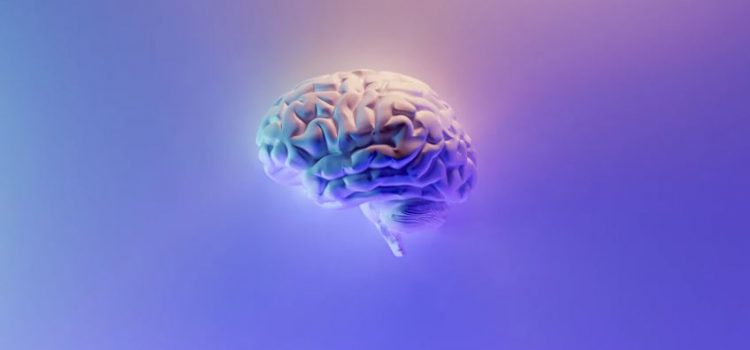

This article is an excerpt from the Shortform book guide to "Driven to Distraction" by Edward M. Hallowell and John J. Ratey. Shortform has the world's best summaries and analyses of books you should be reading.
Like this article? Sign up for a free trial here.
What causes ADHD? What has research theorized about the neurological causes of ADHD?
According to Edward M. Hallowell and John J. Ratey in their book Driven to Distraction, there’s no definite cause of ADHD. However, there are many theories that suggest ADHD can be traced to a neurological source.
Let’s dive into what might cause ADHD below.
Theories on the Neurological Causes of ADHD
Research has not been able to pinpoint specific neurological causes of ADHD. ADHD directly affects your brain’s attentional system, which, as the name suggests, is the system we use to pay attention to everything we see, hear, do, or think. Because this is such a broad range of functions, almost every structure in the brain plays a part in the attentional system, making it difficult to trace ADHD to a particular neurological source.
Still, researchers have proposed a number of theories for how ADHD occurs in the brain. Let’s look at some of them:
One theory proposed in 1970 was that certain neurotransmitters in the brain, namely norepinephrine and dopamine, are underproduced or ineffectively used by the brain in people with ADHD, causing a chemical imbalance that could affect its functioning.
(Shortform note: Neurotransmitters are chemicals that carry messages between neurons, or nerve cells, within the brain. These messages are what let you move, think, and perceive the world around you. Norepinephrine is a neurotransmitter that affects alertness, attention, and the ability to make decisions. Dopamine affects concentration, memory, and mood and is also important in the reward center, which affects learning and experiencing pleasure. When levels of these neurotransmitters are low, people can have trouble focusing on tasks.)
Another theory is that the frontal lobes of the brains of people with ADHD are less active, which causes disinhibition: difficulty regulating behavior and impulses. This could explain why a person with ADHD would usually have fewer inhibitions or less restraint than a person without ADHD.
(Shortform note: Lowered activity of norepinephrine and dopamine in the prefrontal cortex is associated with disinhibition in other conditions as well, including schizophrenia and post-traumatic stress disorder.)
Some researchers also believe that the condition results specifically from problems in the right hemisphere of the brain, which is associated with executive functioning and simultaneous processing of multiple stimuli. Others relate it to a deficiency in working memory that makes it difficult to understand your past and present experiences and anticipate future ones.
(Shortform note: Some experts argue that working memory, or the ability to hold information in our brains for short periods of time, is directly related to executive functioning, so the above two theories could go hand-in-hand.)
Additionally, some researchers think ADHD is the result of lowered functioning of the brain’s reward centers. This could make it harder for the person with ADHD to understand and learn from the consequences of their actions or words. This relates to a theory that a dysfunction of the brain’s motivation system prevents the brain from concentrating consistently without a constant reward.
(Shortform note: Updated research provides additional context on the link between a less active reward center and decreased motivation. The reward center uses chemical rewards for certain stimuli (like the satisfaction of completing a big project) that incentivize the brain to seek more of that stimulus (you’d want to complete more big projects). If your brain gives you less reward for completing a task than someone else’s brain does, you’ll find it harder than they do to pay attention to and motivate yourself to complete the task.)
These theories don’t necessarily contradict, and can even complement, each other. Regardless of the neurological cause, researchers agree that ADHD is a congenital condition that’s passed down genetically. Future research aims at understanding the biological factors of ADHD more deeply to improve treatments and mitigate symptoms.
(Shortform note: Research shows connections between the genetic features of ADHD and other psychiatric conditions such as autism and schizophrenia. Recent studies have indicated one specific gene that might cause all of them, as well as other cognitive impairments. These new breakthroughs may eventually lead to treatments that can improve memory function in people with these conditions.)

———End of Preview———
Like what you just read? Read the rest of the world's best book summary and analysis of Edward M. Hallowell and John J. Ratey's "Driven to Distraction" at Shortform.
Here's what you'll find in our full Driven to Distraction summary:
- What ADD is, theories on the possible causes, and potential treatments
- How our knowledge of ADD has changed since the book’s republication in 2011
- Tips for how to minimize your negative symptoms and make the most of your strengths






